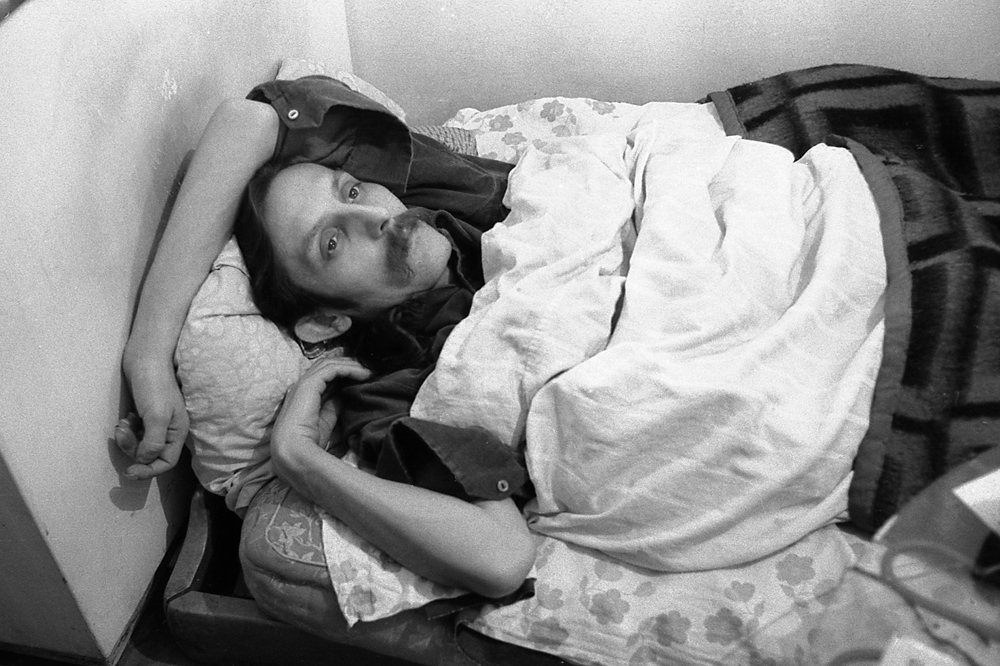
on language → on pain → I like dirty → on the colour red → mladen stilinović anarchist
On language
“I want to have this language of politics and how it influences me.. and then, I am not innocent anymore because I use this … and today also, we are not innocent. We cannot be. When you talk you are not innocent.”
The art of Mladen Stilinović is not a critique of the Yugoslav society. It is rather a critique of representation which is at the same time political and epistemological. By being a critique of representation, it also encompasses a critique of language. However, it does not fall into dualisms of dividing between the signifier and signified, of dividing between words and a reality that they fail to represent adequately – a signified, an authentic reality over which power has been exerted through language which would then be affirmed and give back her power. It recognises that language itself is domination, but that authority must rely on speakers, listeners, institutions, communities, individuals in order to embody its language and ensure a response (illustrations 1, 2, 3, 4).[1]
Mladen’s work does not escape into a hermetic silence. By being part of a community, we all use and respond to orders (tell me how are you / you think you will not, you must / courage, patience, prayer! /sing!). As soon as we speak, we are not innocent. Through all speech, we produce generalisations and abstractions that dominate others and ourselves. Besides that, all the complexities of our relations and feelings we formulate with the logics of grammar[2] – linearly, successively. We put some order into the space, leaving a lot in the air. But how then to convey ourselves to those with whom we share our life?
On pain
However you take it, there is pain (illustration 5). If we manage to escape hunger, we have the slavery of wage labour. Sometimes it is hunger, sometimes it is labour. And we always have something to sacrifice for – for the people, for progress, for socialism. If we are not enslaved by god or by other people, we are enslaved by language. Without god, pain becomes part of the “human nature”. Without “human nature”, pain become inherent to society. Pain is the only certainty, permanent, the only constant from the past to the present.
Pain is a constant subject in Mladen’s work from the seventies. For years he used to add the word pain to his signature. People with an experience of life in Yugoslavia say that his exhibitions provoke anxiety, pain and pessimism.
I like dirty
“…in that time the conceptuals refused to give any emotion. They want to be strict and tautological whatever. And emotion is excluded from art. You know you have this minimalism that is very clean and then very aseptic. No emotion. And here is everything dirty. … I like it dirty you know. … I know that I cannot do this very expensive minimalism, but I don’t care, I don’t like monuments”
In order to be able to communicate, art must get dirty with “reality”, with the everyday, and ditch its aestheticism. Regardless of all the obstacles posed by the everyday and all the limitation posed by language, Mladen longs for communication. Art often creates statements, gives her own analyses and presents strict ideas. Makes monuments. Mladen’s art is rolled in the mud of everyday speech, of the street and ideology. And it does not run away from it.
On the colour red
When referring to the praxes of contemporary western conceptual artists, he said that in Yugoslavia there is no possibility for tautology with the colour red. He wanted to desymbolize the colour red, but he never succeeded (illustrations 6, 7, 8). Even today, red is not desymbolized. In the nineties when my family fantasized about getting a new car and what colour it should be, my dad said “anything but red!”
Mladen Stilinović anarchist
He gave up school during gymnasium. He did not attend college nor worked. He got by on his own and thanks to the help of friends and family, he travelled Europe by hitchhike. He says he is an anarchist. He thinks we should celebrate lazy birthdays because when we are lazy there is more time, so years are subtracted and not added. He uses the methods of theft, sabotage, montage, appropriation (illustrations 9, 10, 11, 12) and experimental video.
He organises exhibitions on the streets and in the hallways of buildings, he talks to the passers-by. He rarely makes new pieces for galleries but rather exhibits old stuff. He makes fun of the state, the flag, money and labour (illustrations 13, 14, 15, 16, 17, 18).
He and the Group of six authors (illustration 19) with whom he works are considered terrorists by art critics[3]. They are criticised and do not get benefits like studios and public commissions, but are not persecuted. Mladen is a melancholic humourist. He throws a cake in the face of a painting (illustration 20).
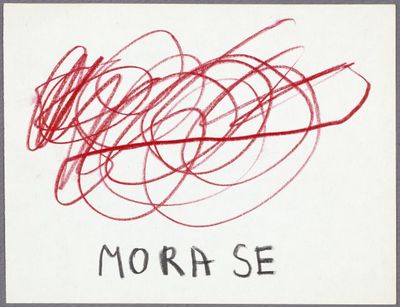
image 1. It Must Be Done, 1980.
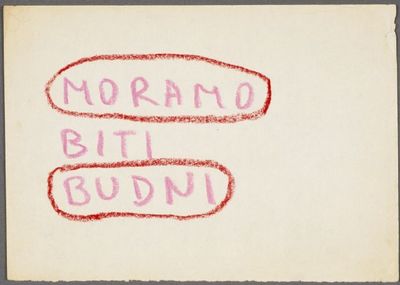
image 2. We Have to be Awake, 1980.
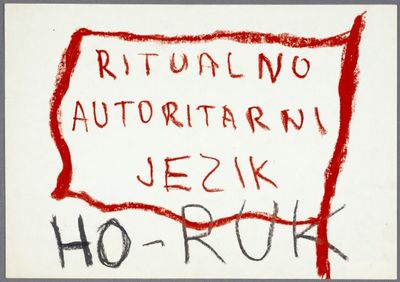
image 3. Ritualistic Authoritarian Language ho-ruk, 1981.
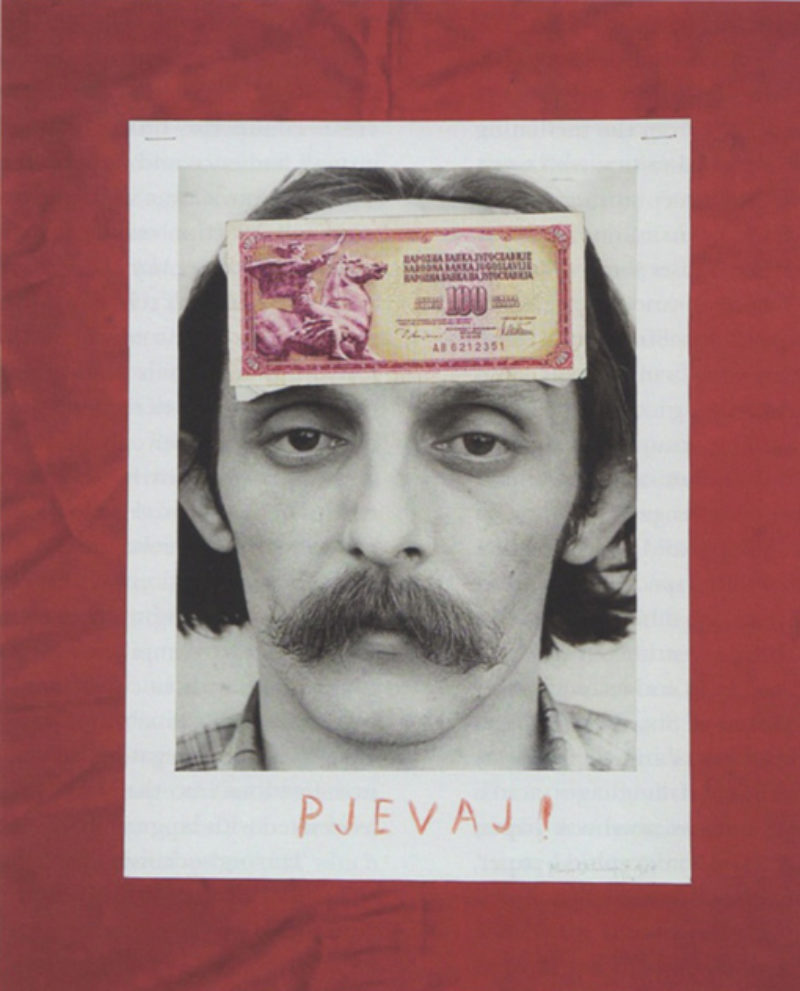
image 4. Sing!, 1980.
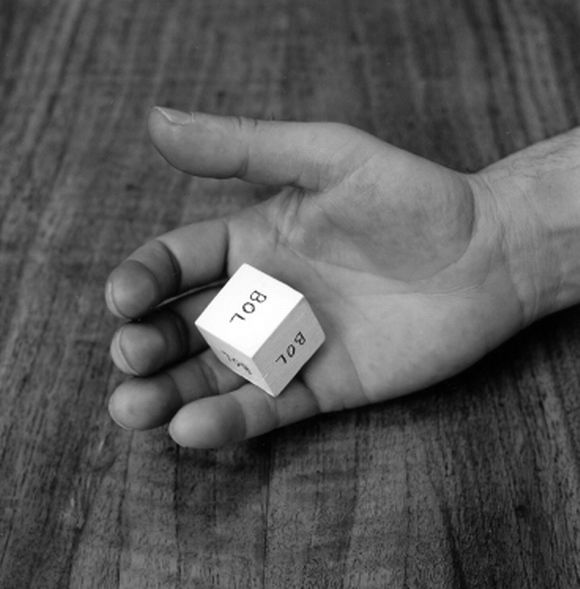
image 5. Game PAIN, 1977, For one player, a die is rolled when one wants to, the game lasts seven minutes.
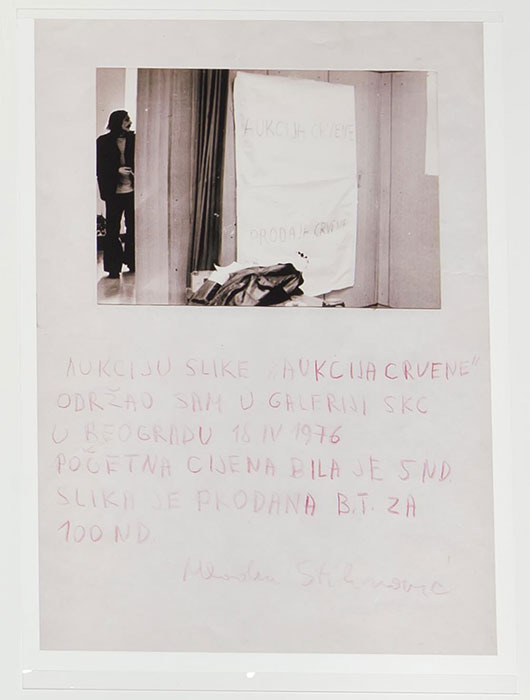
image 6. Auction of the Red, 1976, I held the auction of the painting “Auction of red” in the gallery SKC in Belgrade 18.IV.1976. The starting price was 5 new dinars. The painting was sold to B.T. for 100 new dinars. Mladen Stilinović.
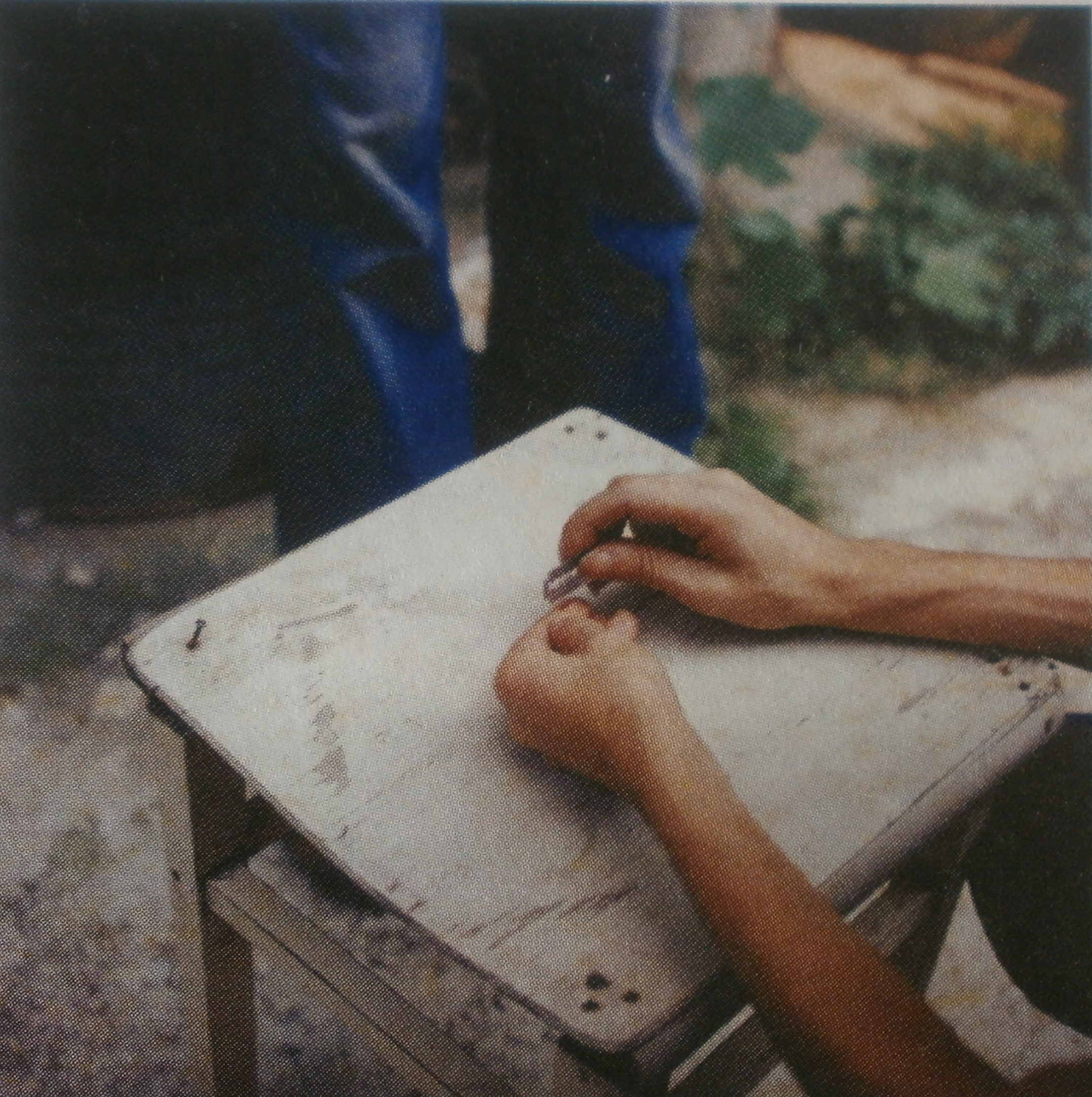
image 7. My Red, 1976. (my red refers to Mladen’s blood. The photograph shows him cutting himself)
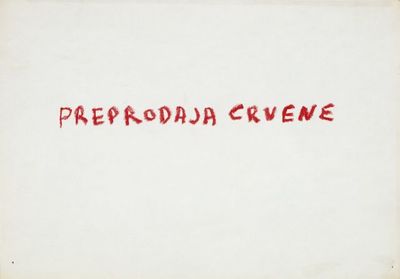
image 8. Resseling the Red, 1975.
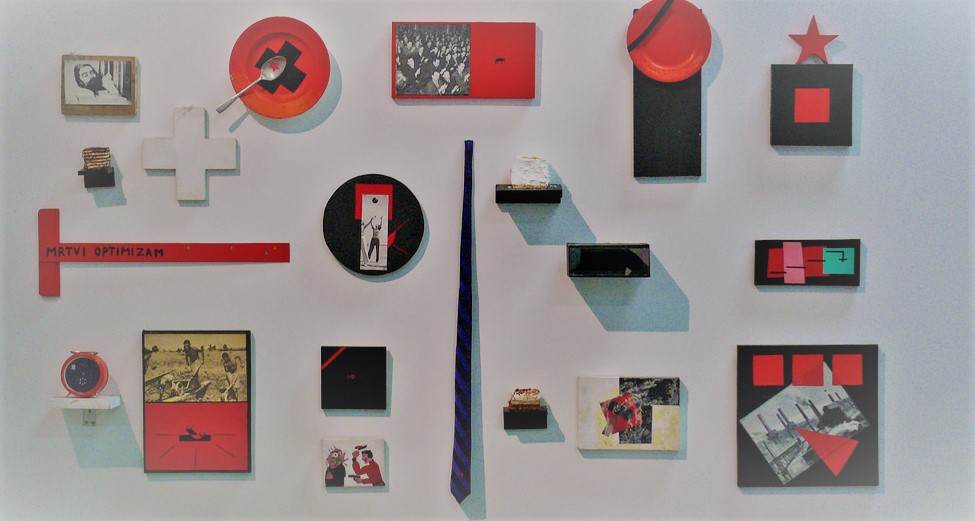
image 9. Exploitation of the Dead, 1984.
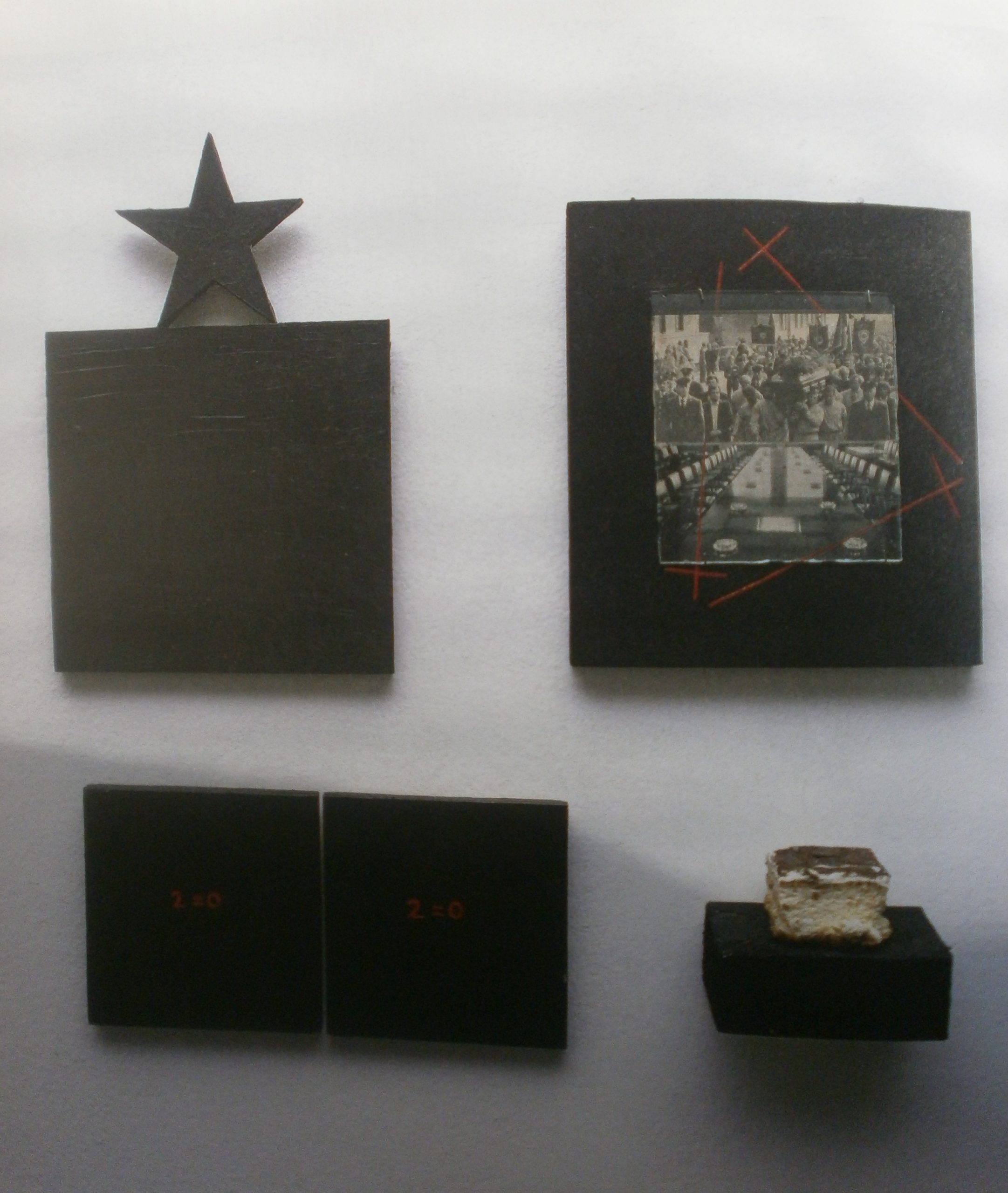
image 10. Exploitation of the Dead, detail, 1984.
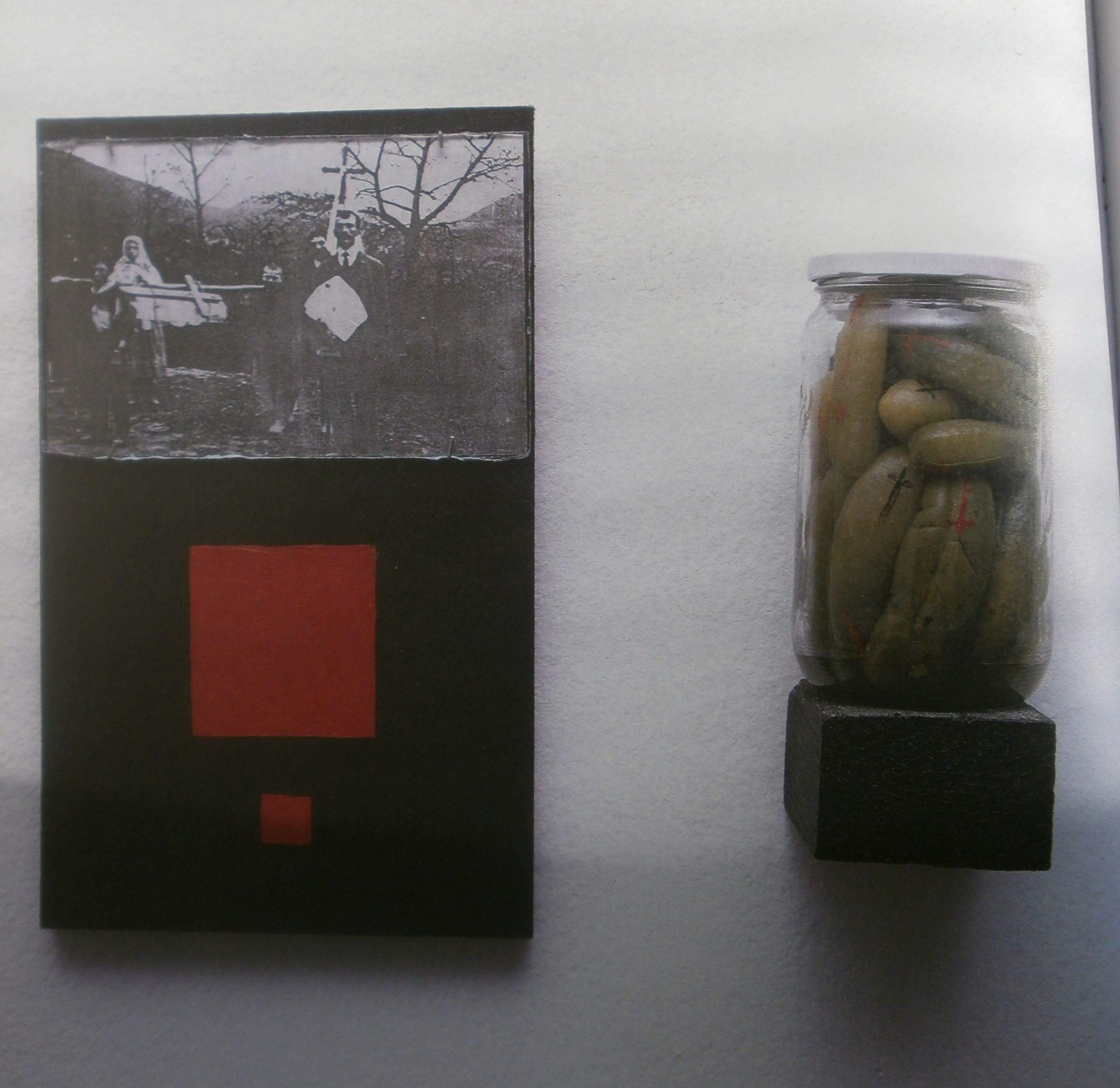
image 11. Exploitation of the Dead, detail, 1984.

image 12. Work is a Disease (Karl Marx), 1981.
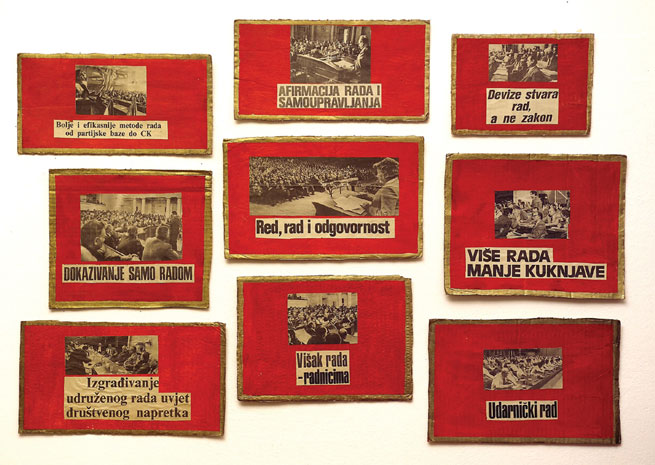
image 13. On Labour, 1980-1984.
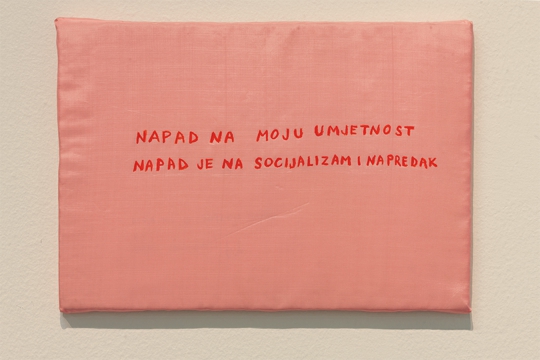
image 14. An Attack on my Art is an Attack on Socialism and Progress, 1977.
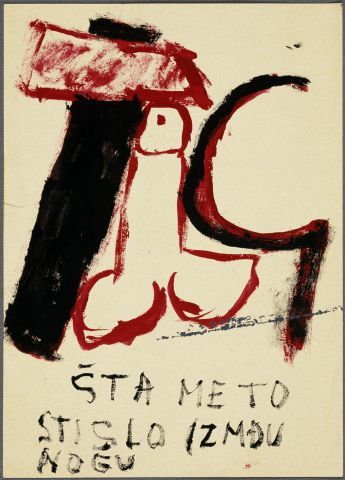
image 15, what Squeezed me Between my Legs, 1981.
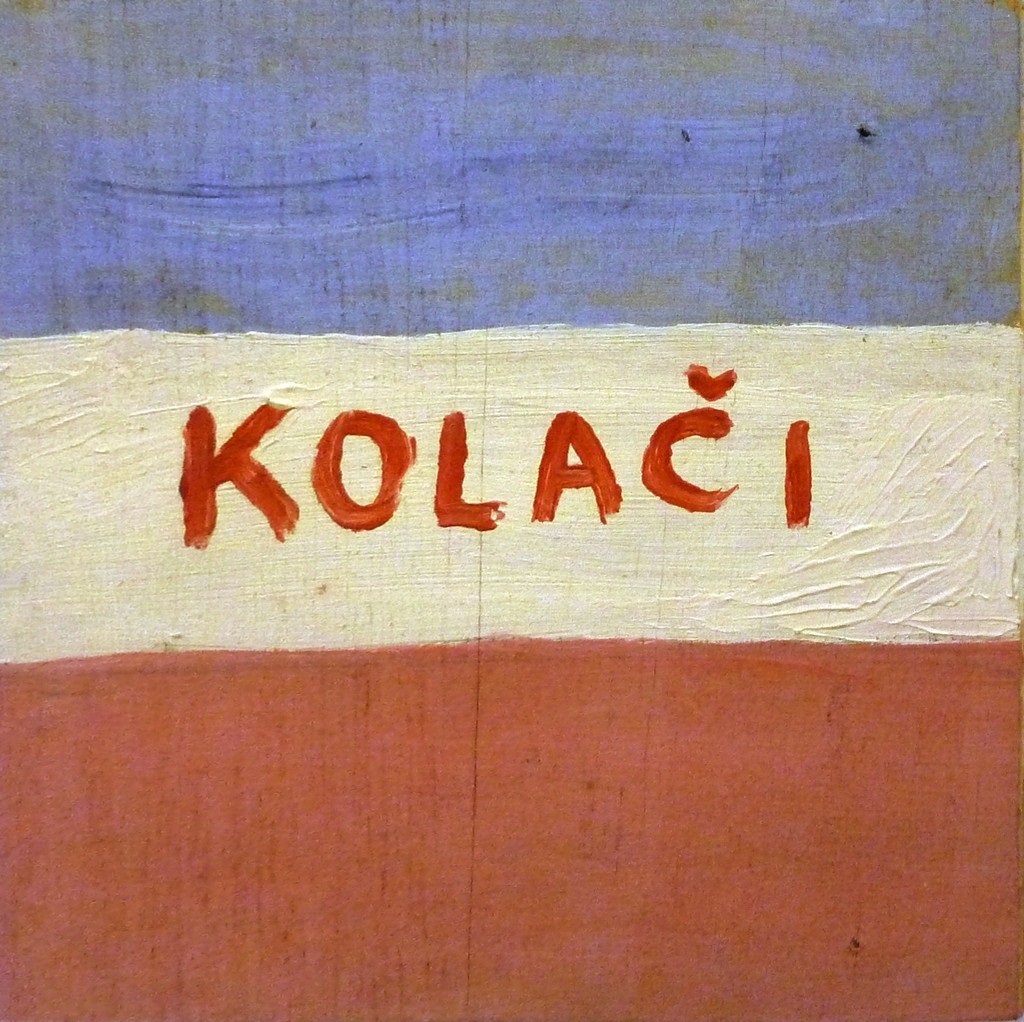
image 16. Cakes, 1981.
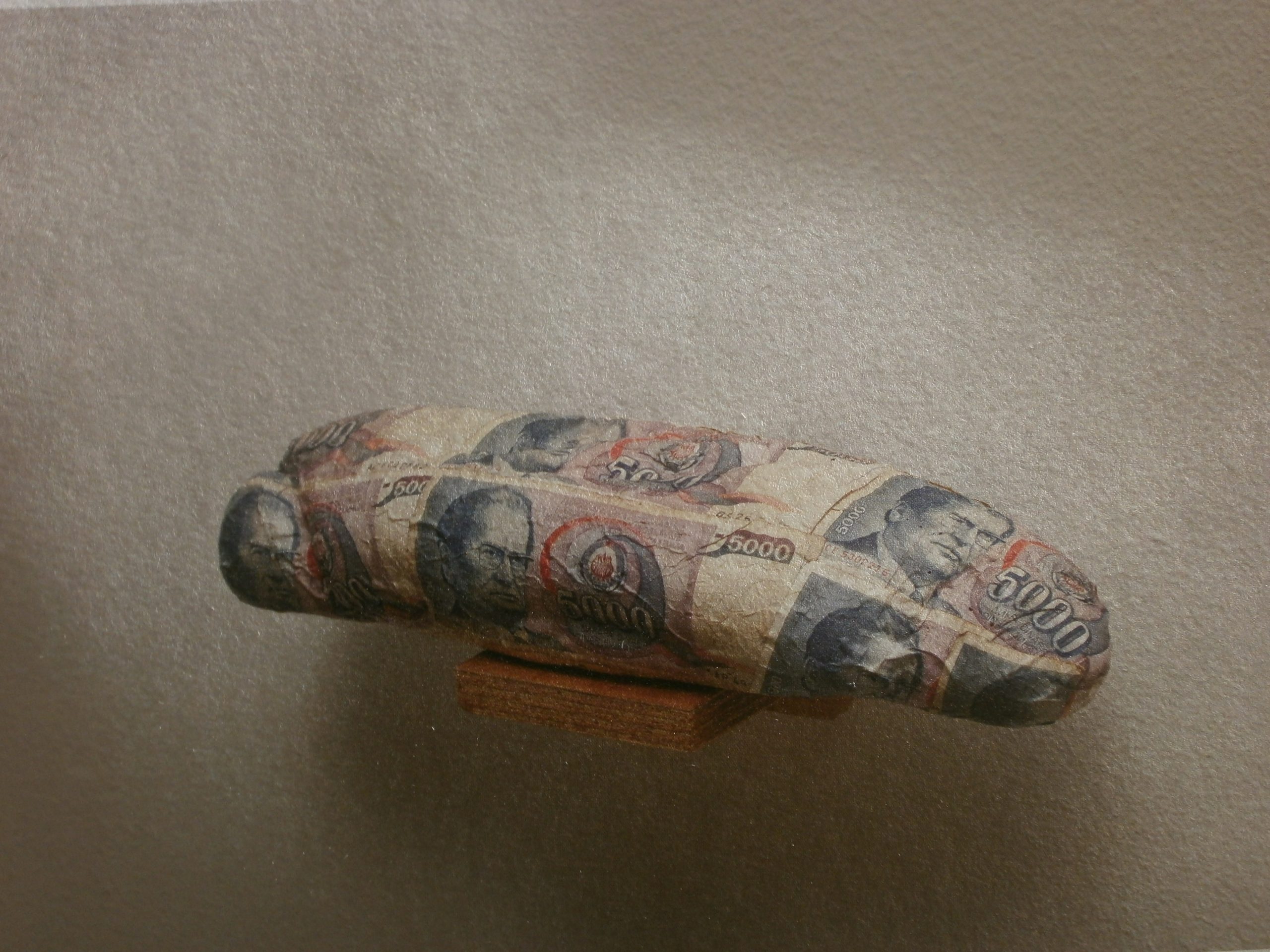
image 17. Bread – Tito, 1996.
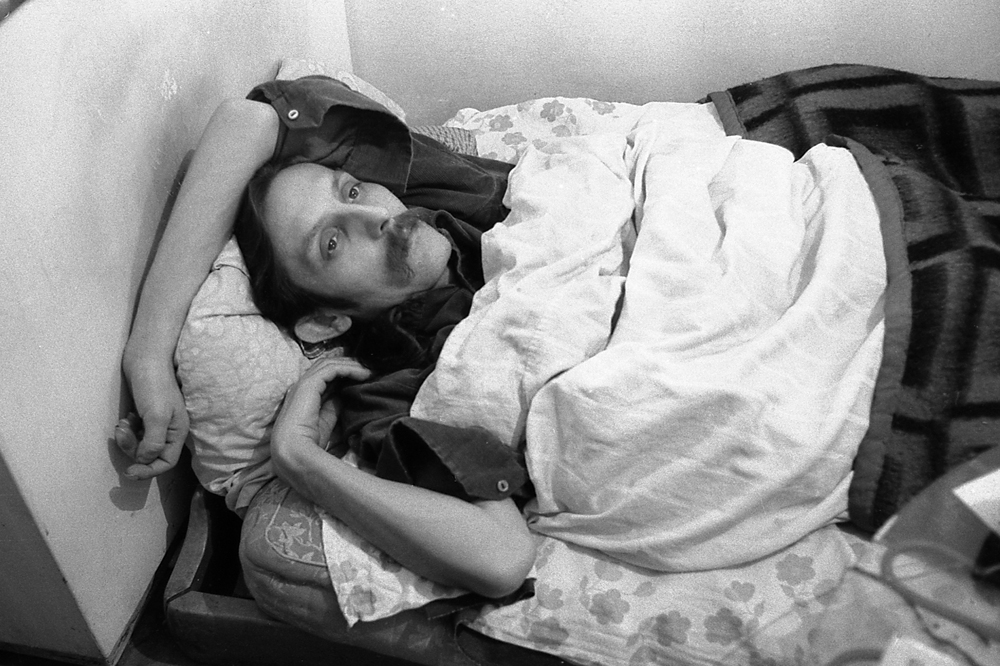
image 18, Artist at Work, 1978.
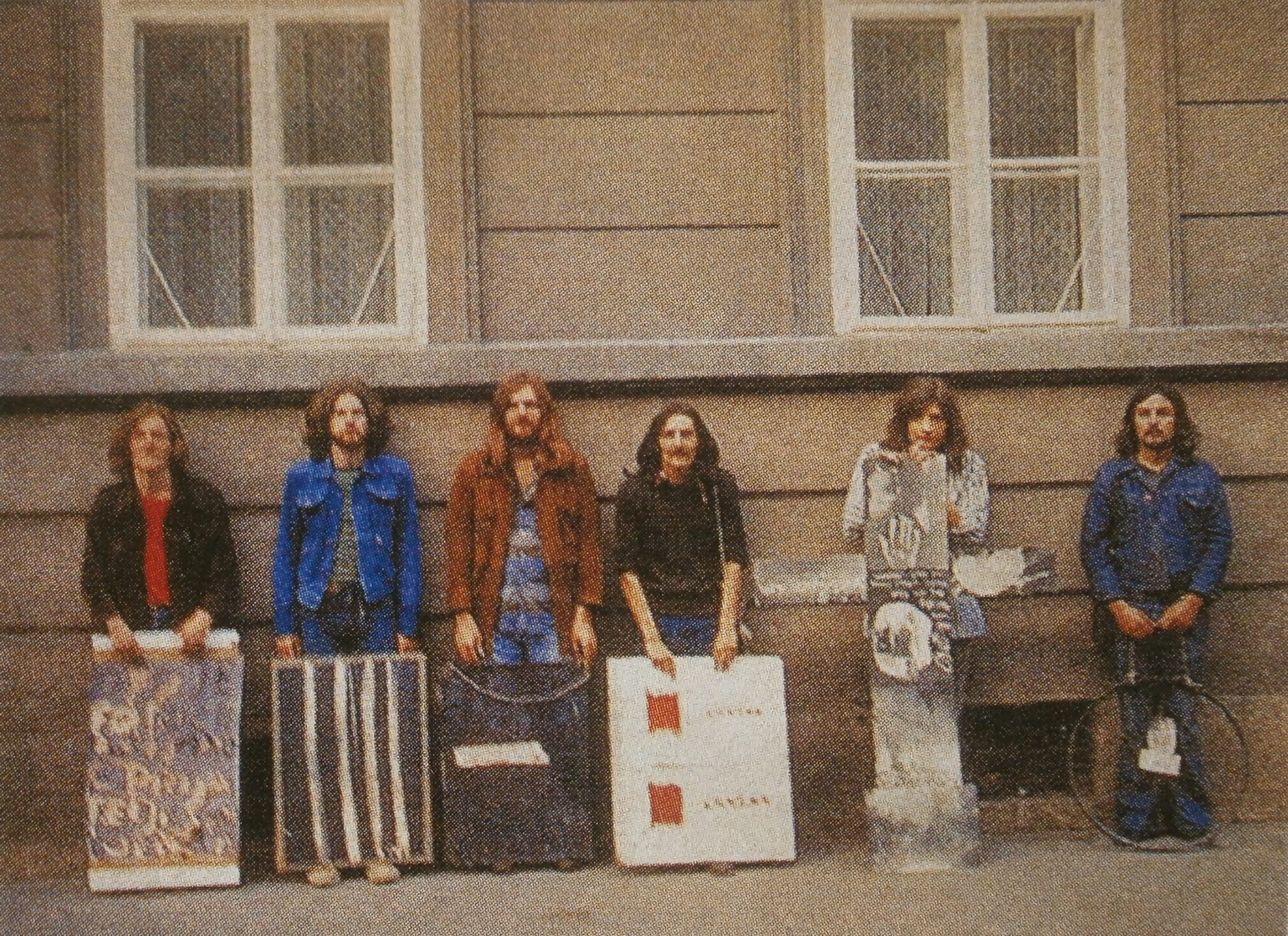
image 19. Group of six authors, exhibition-action. A Walk Through the City, Zagreb, 1976.
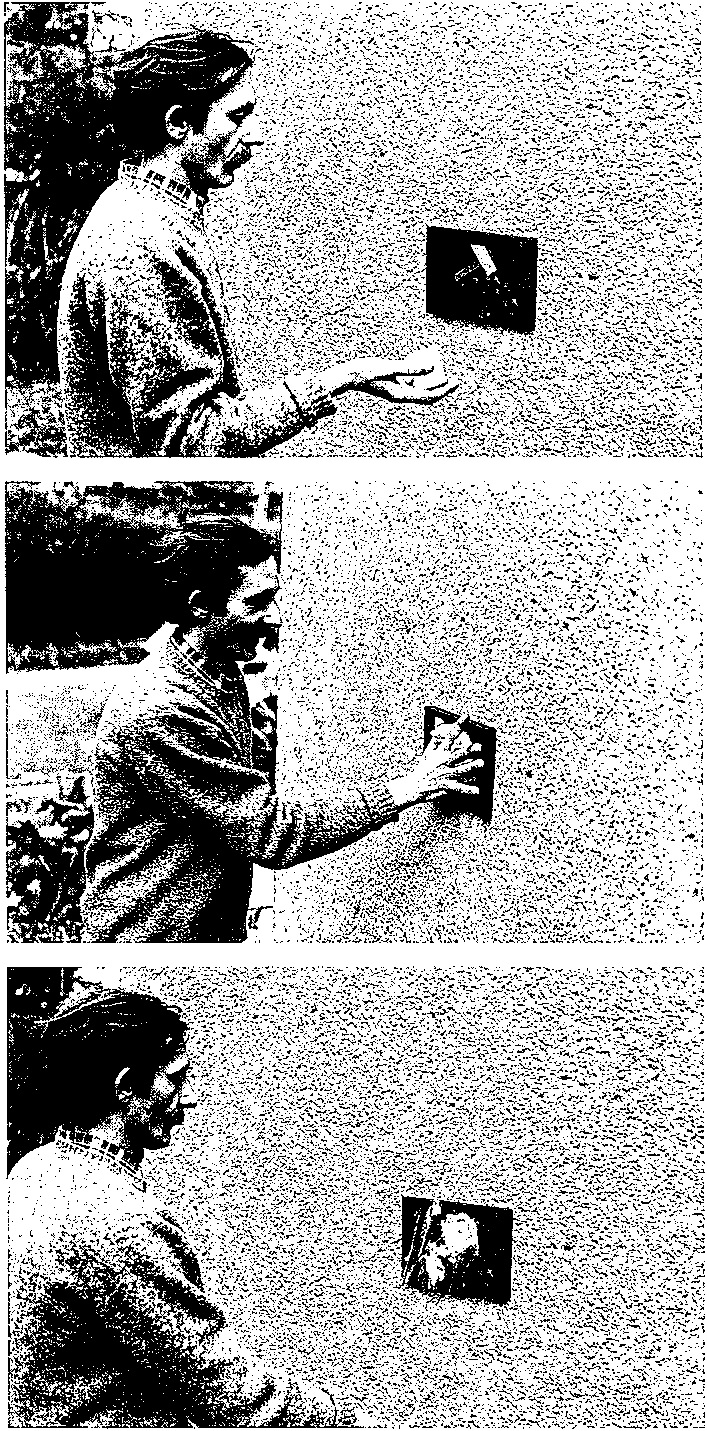
image 20. A cake in the Face of the Painting. ??? “What are paintings doing at an exhibition? Where are the cakes?”
Sources of quotes and pictures:
MLADEN STILINOVIĆ https://www.youtube.com/watch?v=h-G9Pa2XNv8
Mladen Stilinović – Lazy Birthdays – https://www.youtube.com/watch?v=ftyMMPgdi0s&t=9s
MLADEN STILINOVIĆ / Trikultura 8. 5. 2014. – https://www.youtube.com/watch?v=xZW1qWv0BbM
Meri Leanemets: Soba Novca, u: Mladen Stilinović – Nula iz vladanja = Zero for conduct, Muzej suvremene umjetnosti, Zagreb, [30.11.2012. – 2.2.2013.] / uredila Branka Stipančić
Used texts:
Raoul Vaneigem, The Revolution of Everyday Life, Rebel Press, London, 2001.
Mišel Fuko, Riječi i stvari, Nolit, Beograd, 1971.
[1] “…when I say power I do not mean the power of the state and the institutions but rather on hundreds of different powers that intertwine and come from different sides. They come from the state and the individual from the East and the West from “friends” and the administration. These powers are everywhere: in the newspapers, in the language, in the art, in the “given freedom”, in the truth and in my fear. I always wanted to write how power is subtle. And I did. Power is cynical, sometimes subtle (is this possible) but more or less harsh and open. A characteristics of power is that it ignores the other. This cynicism of power comes from an ignorance about things, even from a will for ignorance.”
[2] “I fight for the destruction of the system, of grammar.“
[3] For instance in the text ‘Between Terrorism and Destruction’ by Zrnka Novak published in Oko on the occasion of the 10th Paris biennale of young artists where Mladen exhibited white paintings Hand – bread and five books: I want to go home, Time, Now, Dissorder and Written in blood.
